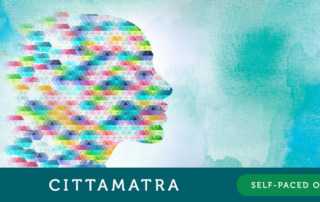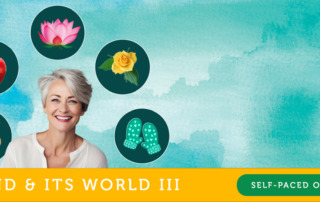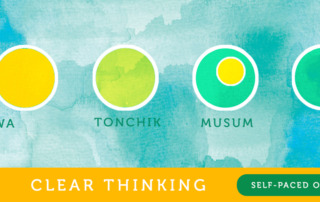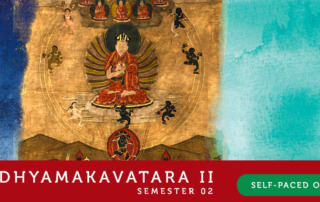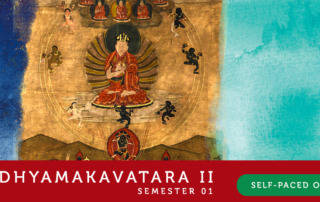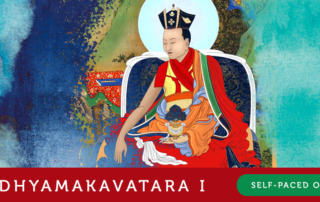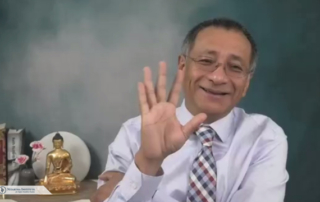BUD 601 Cittamatra Philosophical Tradition: Appearances Are Mere Mind (SPOC)
BUD 601 Cittamatra Philosophical Traditions: Appearances Are Mere Mind (SPOC) This course is an exposition of the Cittamatra philosophical tradition, based on The Mind Only Tenet System root text. Students engage in the philosophical reformulation of experience arising from meditation practice, declaring reasonings that establish objects as not separate from mind. This is followed by the presentation of the true and false aspectarians and the classification of knowable objects into the three natures, as well as the theory of the eight-fold collection of consciousness. PREREQUISITES: BUD 501, BUD 510, BUD 520, BUD 530 REQUIRED TEXTS: Root text: The Mind Only Tenet
